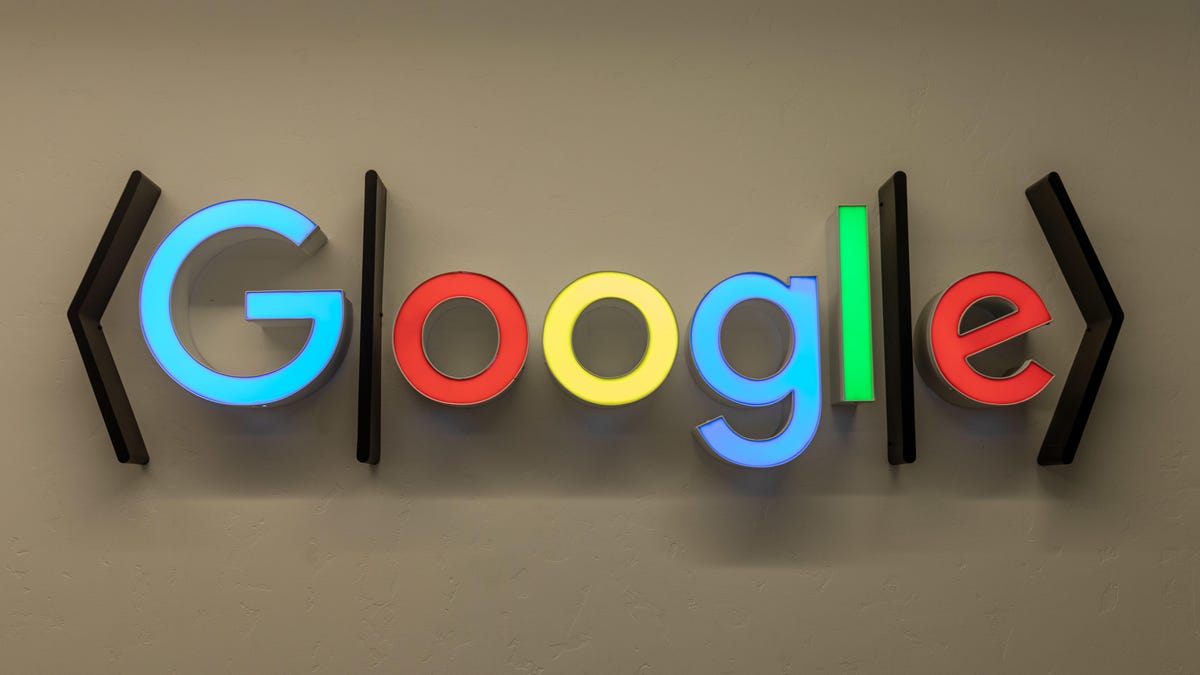Google wants to help you pronounce words you don't know
Ever struggle with how to say "asterisk" or "quokka"?

Google's new pronunciation tool will help you say words the right way.
Google has a new feature to help you learn to pronounce those words you read all the time but have no idea how to say. The feature announced Thursday will even show you an image representing the word so you know what it is or means, and help you practice how to say it.
"We're helping people pronounce tricky words and understand the meaning of those words," Tal Snir, Google Search senior product manager, said in a blog post.
Google will help you practice by getting you to say the word into your phone's microphone, with the search giant picking up on any letters you mix up and correcting you. This feature is available in American English now, and will be launched in Spanish soon.
Google explained its speech recognition tech separates words into small soundbites, then uses machine learning to cross-reference your way of saying it with the pronunciation it expects to hear.
"For example, if you're practicing how to say 'asterisk,' the speech recognition technology analyzes how you said the word and then it recognizes that the last soundbite was pronounced 'rict' instead of 'uhsk,'" Snir explained. "Based on this, you will receive feedback on how you can improve next time."
The announcement follows Google Maps on Wednesday rolling out translation tools to help you pronounce the name of a city or place you don't know.

